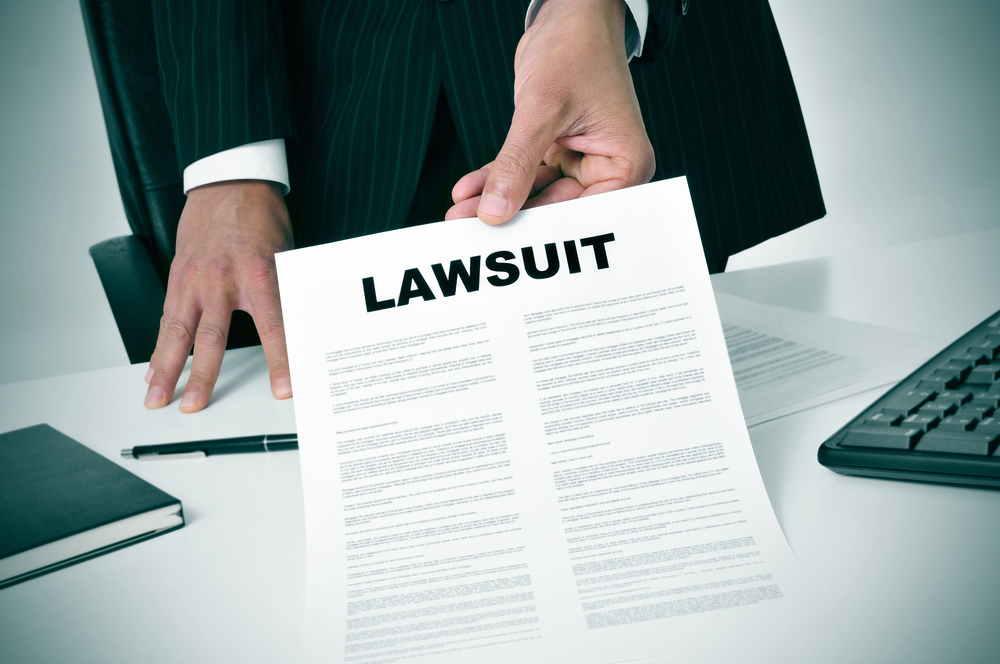
Losing a loved one is a devastating experience. It takes a toll on you both physically and mentally, and when their death was caused by someone else's negligence, the grief can be accompanied by anger and confusion.
If you've recently lost a loved one in an unfortunate event that was someone else's fault, you may be entitled to compensation for wrongful death. A wrongful death claim can help ease some of the financial burdens you face after your loved one's death. But what does this compensation cover? Keep reading to learn about the various damages awarded in a wrongful death lawsuit and how to file for a claim.
The damages one can claim from a wrongful death lawsuit vary from one case to another, so nothing is guaranteed. However, you will most likely seek compensation for the damages your loved one would have pursued had they survived the incident. These are known as 'survival damages.' They compensate for the pain and suffering you experienced, as well as all the costs you incurred between the time of the injury and your loved one's passing.
Medical Expenses: If your loved one received medical treatment before passing away, you can receive compensation to pay for those bills. This includes the cost of everything from ambulance fees to hospital stays and treatments.
Pain and Suffering: You can get compensated for the pain and suffering you endured following your loved one's death. You can claim damages due to many types of pain and suffering, including loss of emotional support, loss of companionship (for spouses), and loss of parental guidance (for children).
Lost Wages: You can claim any income the decedent would have earned between the time of their injury and death. This includes wages and other benefits like pension plans or health insurance.
Funeral and Burial Costs: You can get compensated for the amount you used to cover the costs of the deceased final arrangements, including funeral and burial services or cremation. These expenses can vary depending on the arrangements made and the family's preferences.
Property damages: If any property, including personal items, vehicles, or a home, were damaged or lost due to the incident leading to your loved one's death, you can claim for these losses.
Loss of services and support: You can claim any monetary value or services that the deceased would have provided if they were alive. These include maintenance, childcare, and any other support or contributions they would have made to their family.
Not just anyone can file a wrongful death claim. Depending on what the law in your state says, a wrongful death claim can be filed by the immediate family or representatives of the victim's estate.
· Immediate family members: In all states, immediate family members, including spouses, children, and parents of unmarried children, can file a wrongful death lawsuit. They can recover damages for the loss of companionship, parental guidance, and financial support.
· Distant relatives: Some states allow distant relatives such as siblings or grandparents to claim compensation for the wrongful death of their loved ones.
· Anyone who suffers financially: Some states allow anyone who suffers financially to file a wrongful death lawsuit, even if they were not related to the deceased in any way.
· Parents of a deceased fetus: In some states, parents-to-be are allowed to file a wrongful death claim if their unborn child dies in an event caused by someone else's negligence.
· Personal Representative of the Estate: In some cases, the executor of the decedent's estate may file the claim on behalf of the surviving family members or beneficiaries.
If you believe your loved one died due to an incident that was someone else's fault, you should speak to an attorney about filing a wrongful death claim as soon as possible. Your attorney will guide you through the claims process, but it's important to understand the steps involved to make sure your claim goes smoothly. That said, here's how you can file for a wrongful death lawsuit:
File the complaint: The first step is to file a complaint with the court. The complaint should include the details of the case, i.e., how the death occurred, why the defendant is responsible, and what damages you are hoping to recover. Your attorney will file the complaint on your behalf.
Serve the defendant: The defendant deserves to know that you've taken legal action against them. After you've filed the complaint, the next step is to serve them with the case. You can either serve them personally or by mail, depending on your state's legal procedures.
Wait for the defendant's response: Next is to wait for the defendant to respond to the lawsuit. They have at least 30 days to answer the allegations, though this timeframe might be extended, depending on how the defendant was served.
Discovery Phase: In the discovery phase, both parties will gather and exchange evidence to build their cases. This can involve witness testimony, medical records, and expert opinions.
Settlement or Trial: Many wrongful death cases are settled outside of court. However, if you haven't managed to settle the case outside court, the case will go to trial, where a judge or jury will decide on liability and damages.
It's hard to move on from the sudden death of a loved one, but a wrongful death lawsuit can help ease the financial strain of living without your loved one, especially if they were the breadwinner. However, in order to get compensated rightfully, you must seek the help of an experienced attorney. They will help you gather enough evidence and file for a claim.
Remember, different factors affect the total amount of compensation you will receive. These include the decedent's age, health, earning capacity, and the circumstances surrounding their death. For instance, if the decedent was young and had a high earning potential, the compensation may be higher than in cases where the decedent was older and no longer working.